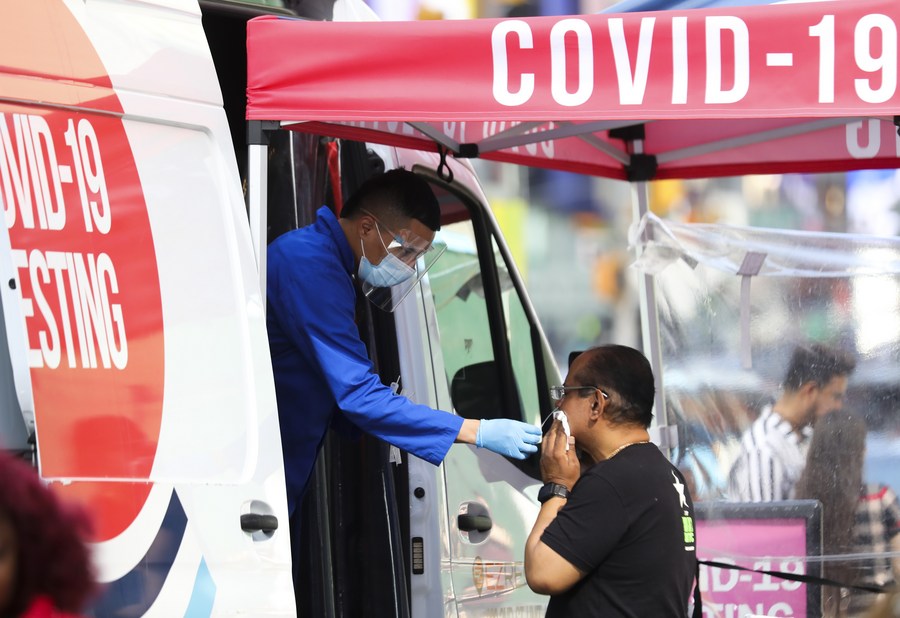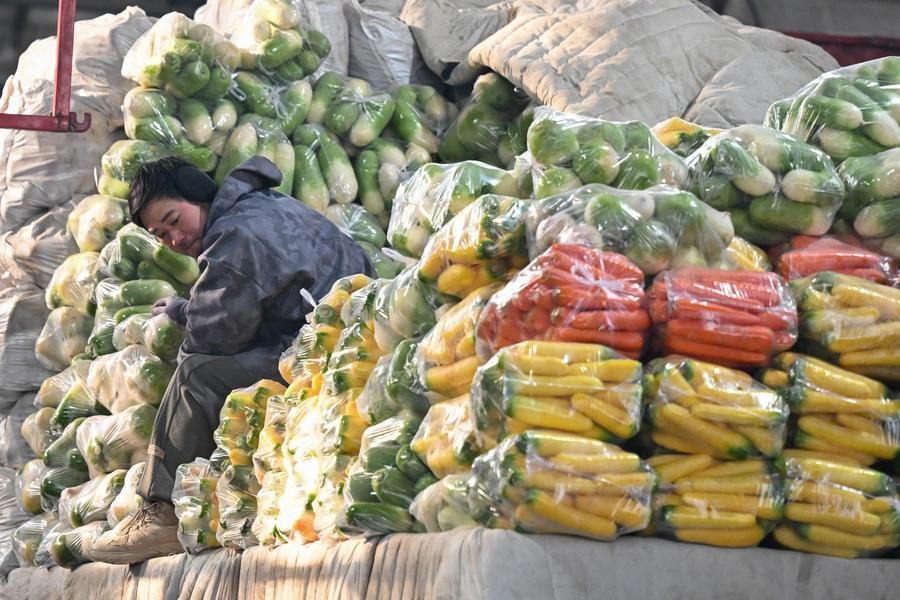Lack of surveillance hampers COVID fight


The head of the World Health Organization, or WHO, has said the novel coronavirus remains a public health emergency of international concern, citing several interlinked challenges.
Speaking at the weekly media briefing on Tuesday, WHO Director-General Tedros Adhanom Ghebreyesus said the increasing trend in COVID-19 deaths has put further pressure on stretched health systems and health workers.
"Sub-variants of Omicron, like BA.4 and BA.5, continue to drive waves of cases, hospitalization and death around the world," Tedros said. "Surveillance has reduced significantly, including testing and sequencing, making it increasingly difficult to assess the impact of variants on transmission, disease characteristics, and the effectiveness of counter-measures."
Another challenge, he said, is that diagnostics, treatments and vaccines are not being deployed effectively.
"The virus is running freely and countries are not effectively managing the disease burden based on their capacity, in terms of both hospitalization for acute cases and the expanding number of people with post COVID-19 condition — often referred to as long-COVID."
Tedros said he believed there is a major disconnect in COVID-19 risk perception among scientific communities, political leaders, and the general public.
"This is a dual challenge of communicating risk and building community trust in health tools and public health social measures like masking, distancing and ventilation," he added.
As finance ministers of the G20 nations meet next week, Tedros said it is critical that governments around the world finance the WHO and the ACT-Accelerator, a global collaboration tool to combat COVID-19, to ensure the equitable distribution of health tools.
He urged governments to regularly review and adjust their COVID-19 response plans based on the current epidemiology and also the potential for new variants to appear.
On the topic of the monkeypox outbreak, Tedros said there are now 9,200 cases in 63 countries.
While the Emergency Committee for monkeypox will reconvene next week and look at trends, see how effective counter-measures are, and make recommendations for what countries and communities should do to tackle the outbreak, he said the multi-pronged approach continues in the meantime.
He added that the WHO continues to work with countries and vaccine manufacturers to coordinate the sharing of vaccines, which are currently scarce.
- Xi says China's high-quality development to provide more opportunities for cooperation with Brazil
- China Coast Guard rescues 13 Filipino sailors in the South China Sea
- Xi holds phone talks with Lula
- Chinese mainland reaches 5.32m invention patents, trademarks close to 50m
- Chongqing railway attendants undergo training ahead of travel rush
- China's railway gears up for Spring Festival travel rush




































